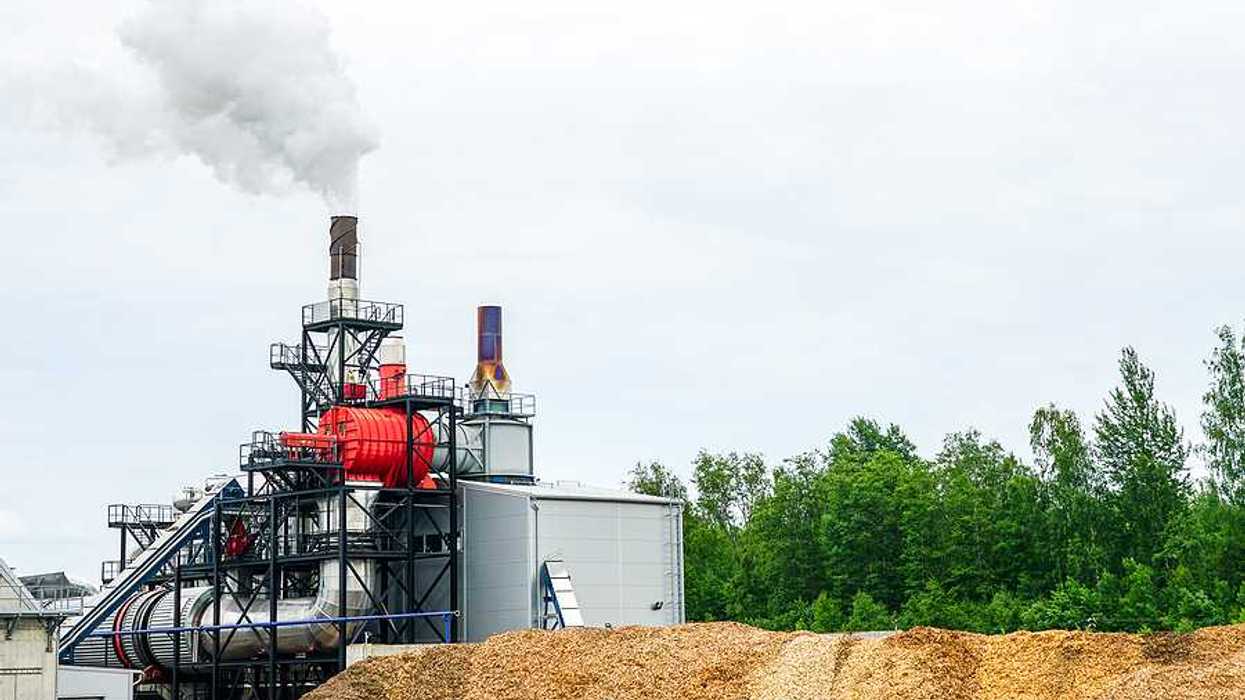A recent meeting by the House Agriculture and Finance Policy committee addressed ongoing discussions on combating nitrate pollution in Minnesota's groundwater, a concern intensified by the U.S. Environmental Protection Agency's demand for more stringent action.
Madison McVan reports for Minnesota Reformer.
In short:
- For more than three decades, Minnesota has invested in voluntary farmer incentives to curb fertilizer runoff, yet nitrate levels in groundwater have continued to rise.
- High nitrate levels pose serious health risks, including methemoglobinemia and increased risk of certain diseases, with private well users being especially vulnerable.
- The state has introduced the Minnesota Groundwater Protection Rule to enforce best management practices in critical areas, amidst ongoing debates on the balance between incentives and regulatory measures.
Key quote:
“The outcome has been more fertilizer use, more nitrates. Things have to change.”
— Rep. Rick Hansen, DFL-South St. Paul.
Why this matters:
Nitrate pollution in drinking water is a critical health threat, especially in agricultural states like Minnesota where farming wields an outsized share of political influence. Farm runoff pollutes drinking water sources and compromises aquatic ecosystems across the globe.














